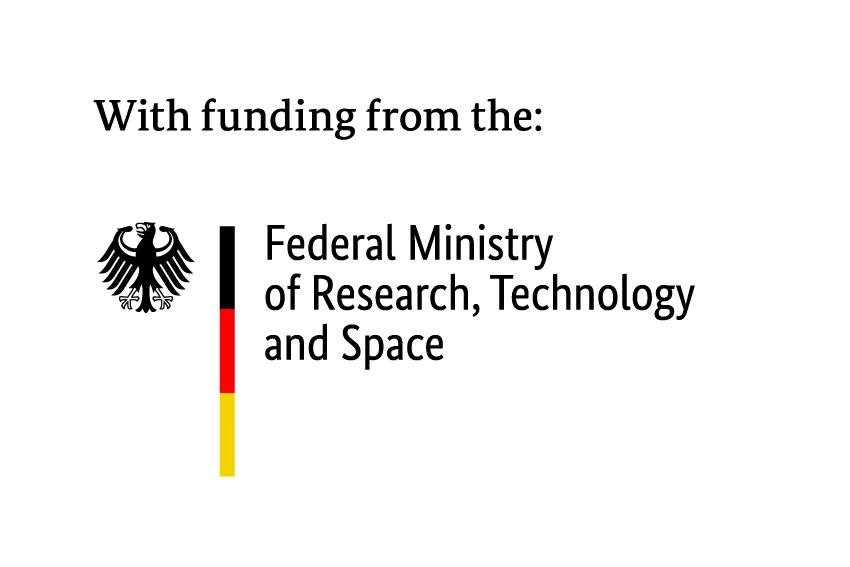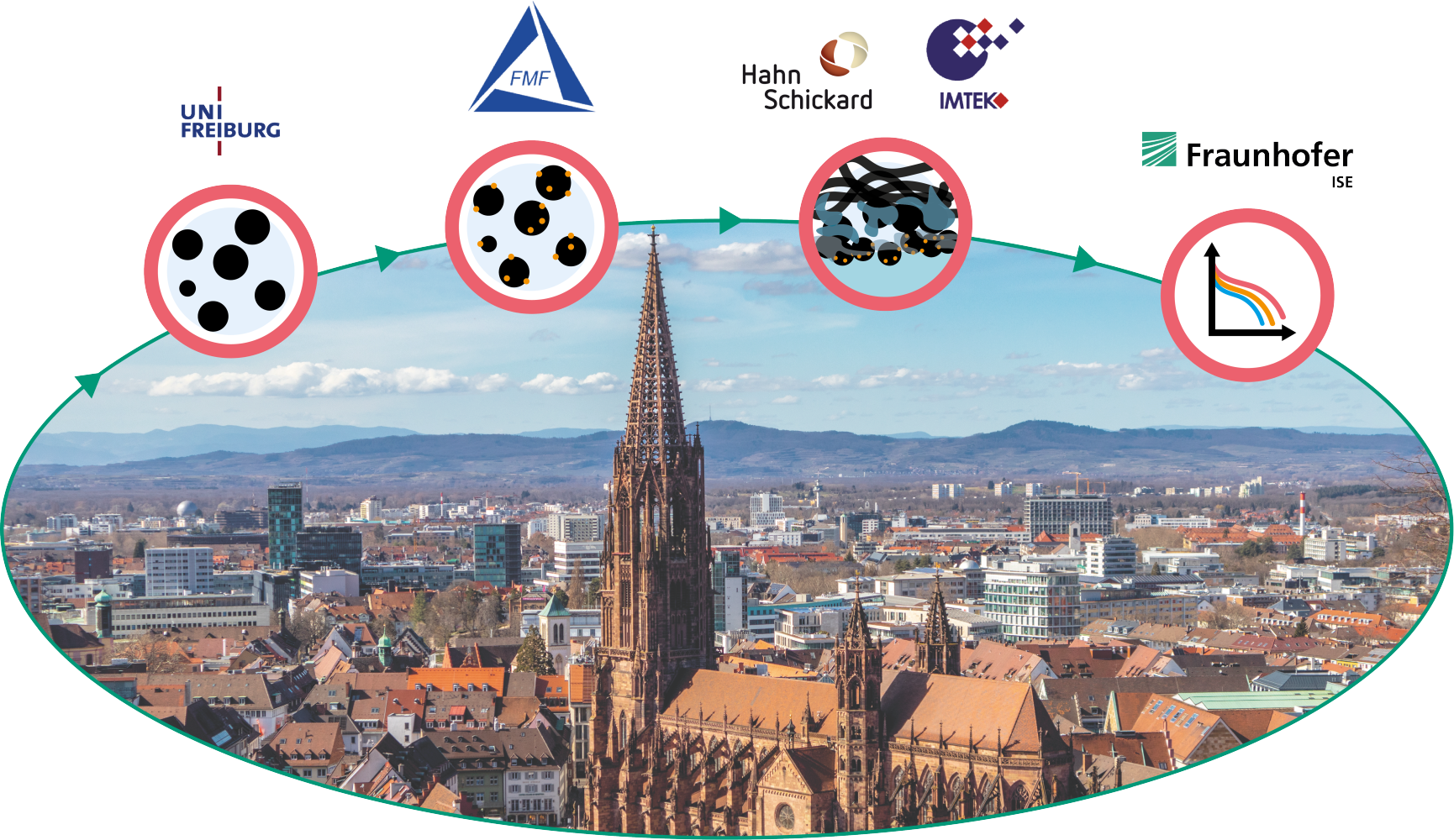The “CORAL-HD” project developed catalyst materials optimized for performance and lifetime for use in fuel cell-powered heavy-duty vehicles. Together with project partners from industry and science, Fraunhofer ISE concentrated its research on the electrodes of the fuel cell. The focus was on characterizing the materials using innovative methods. The project was funded by the German Federal Ministry of Education and Research as part of the hydrogen flagship projects.
Performance and Lifetime Optimized Fuel Cell Catalysts for Heavy-duty Vehicles
CORAL-HD
Initial Situation
Despite their small number (230,000 vehicles weighing over 26 tons), heavy commercial vehicles account for half of CO2 emissions in German road traffic. Electrification could therefore reduce CO2 emissions significantly with fewer vehicles on the road. Electrification using hydrogen fuel cells is economically attractive. When used in heavy-duty applications, the service life requirement for low-temperature hydrogen fuel cells increases sixfold from 5,000 hours in passenger cars to 30,000 hours, which poses a particular challenge.
Objective
A typical fuel cell electrode consists of a platinum-coated carbon carrier and ionomer. Degradation effects can occur due to both carbon corrosion and platinum aging and are reduced by corrosion-resistant carbon and monodisperse, i.e., uniformly sized, particle distributions.
The aim of the project was to provide catalyst materials with customized pores. In order to significantly increase the performance and lifetime of fuel cells in commercial vehicles, long-term stable electrodes without affecting the initial performance were developed in the "CORAL-HD" project.
Approach
The project partners first developed performance-optimized porous carbon carriers with pore diameters between 2 and 50 nanometers, which were then stabilized for long-term use in a second step through temperature treatment or coating (undercoatings). A monodisperse platinum deposition was achieved using particle atomic layer deposition. The use of coatings over the platinum particles (overcoatings) was intended to further stabilize the catalyst particles.
Fraunhofer ISE used carbon monoxide to apply innovative electrochemical characterization methods at the fuel cell level in order to obtain a comprehensive picture of the interaction between the developed materials and the ionomer and to identify optimization potential.
A special feature of the project was the local proximity and close cooperation of the consortium of Freiburg research institutions. In collaboration with industrial partners, they covered the entire development chain with their expertise ranging from material synthesis and electrode production to fuel cell characterization. This enabled the material development to be optimized in a very short time.
Result
The project developed mesoporous carbons for PEM fuel cells with a focus on performance optimization and service life. Electrochemical characterization at Fraunhofer ISE supported material development and promoted understanding of ionomer distribution in these novel carbons. The catalyst material is characterized by outstanding power densities that exceed the reference catalysts based on commercial carbons by 27 % at 0.9 V, 100 % relative humidity, and 150 kPa. A matrix of carbon particle and pore sizes was characterized to investigate the influence on fuel cell performance.
The results were presented in conference papers and publications. In the EXIST research transfer project "Nero Materials" at the University of Freiburg, the mesoporous carbons are now being transferred from laboratory scale to industrial scale, thereby laying the foundation for future industrial use.
Funding
The "CORAL-HD" project was funded by the German Federal Ministry of Research, Technology, and Space (03SF0614B).

nicht entfernen!!


